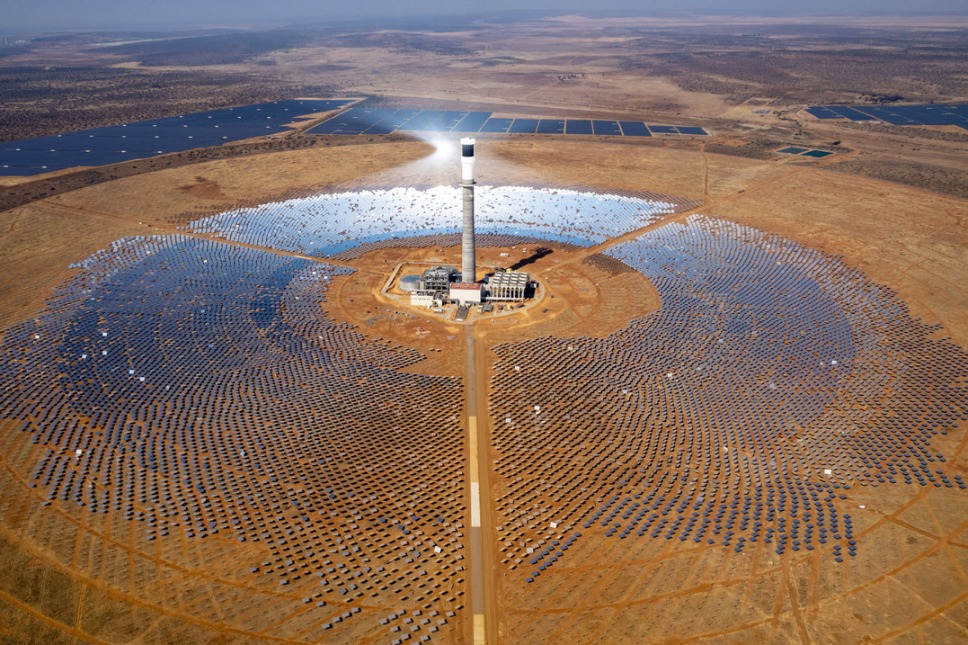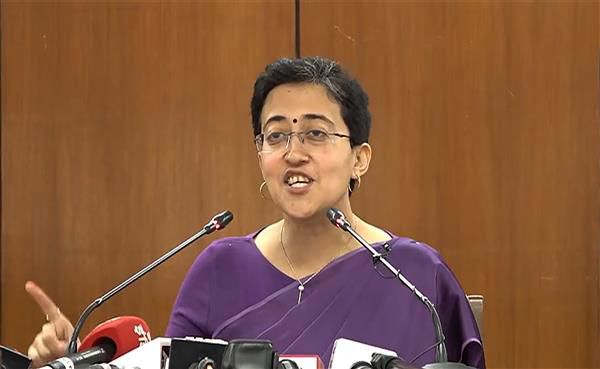The China Photovoltaic Industry Association (CPIA) has voiced strong opposition to U.S. policies that it says distort the global solar energy market by offering substantial subsidies to American companies and raising tariffs on imported solar products. According to CPIA, these actions undermine international efforts to combat climate change by disrupting fair competition and international cooperation.
U.S. Protectionism in the Solar Sector
The CPIA highlighted that the U.S. has built “protectionist walls” by imposing trade restrictions and increasing tariffs on foreign photovoltaic (PV) products. Notably, in May 2023, the U.S. raised tariffs on Chinese solar cells from 25% to 50%, further complicating trade relations between the two nations. In addition, the CPIA criticized the U.S. for adopting discriminatory policies under the Inflation Reduction Act and the Infrastructure Investment and Jobs Act, which provide substantial financial backing to domestic PV producers.
The Inflation Reduction Act alone earmarked $369 billion to boost investments in the clean energy sector, aiming to rebuild the U.S. PV supply chain. In May, the U.S. Department of Energy also announced a $71 million investment to support programs aimed at strengthening its domestic solar manufacturing capabilities.
Impact on the Global Solar Market
Experts argue that while government subsidies for renewable energy are not uncommon, the U.S.’s approach—combining high tariffs and large subsidies for domestic producers—amounts to a double standard aimed at preventing Chinese solar firms from gaining global market share. According to Lin Boqiang, head of the China Institute for Studies in Energy Policy, the U.S. policies are an attempt to protect its domestic market at the expense of global cooperation.
Despite these U.S. actions, the CPIA reported that the Chinese solar industry remains resilient. China’s solar module exports primarily target Europe and Asia, which collectively accounted for over 80% of these exports in the first half of 2023. The U.S., in contrast, was not among the top 10 markets for Chinese solar module exports.
Global Collaboration Key to Green Energy Transition
Trade experts, like Cui Fan, a professor at the University of International Business and Economics, emphasized the importance of policy interventions to accelerate global decarbonization. However, he cautioned that such subsidies should not violate World Trade Organization (WTO) rules by unfairly favoring domestic products over imports.
With Chinese companies investing heavily in global markets, including Europe and the Middle East, Lin Boqiang noted that U.S. trade barriers will likely have limited impact on China’s PV sector. Nonetheless, the CPIA urges for a more collaborative global approach, stating that international cooperation is essential to ensure the widespread adoption of affordable, renewable energy technologies.
The ongoing trade tensions between the U.S. and China in the solar energy market highlight significant challenges for global green energy policies. While the U.S. seeks to strengthen its domestic solar industry, experts argue that fostering international cooperation is essential for achieving global energy transition goals.
Source: usa.chinadaily.com.cn





